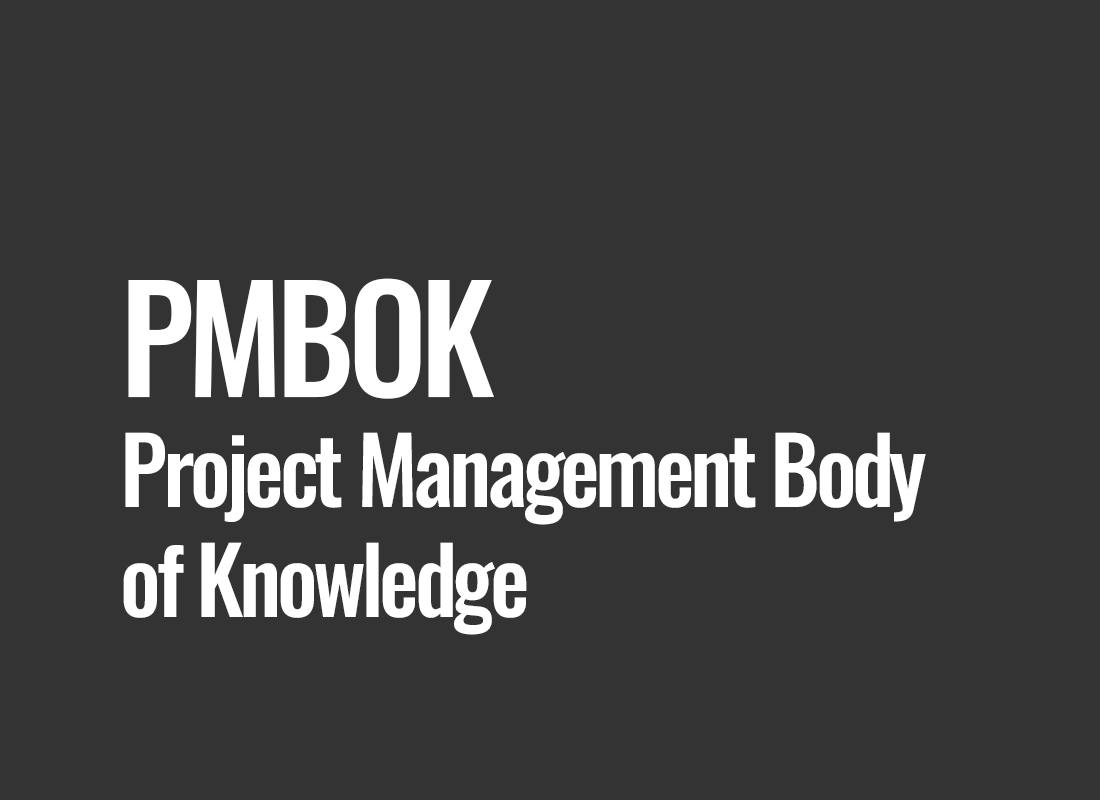PMBOK (Project Management Body of Knowledge)
Effective project management has become a key element in achieving organizational success. Among the many tools and philosophies supporting professional project management, one of the most versatile and recognized frameworks is PMBOK, which stands for Project Management Body of Knowledge. It is not just an acronym but also a comprehensive set of principles, practices, and terminology that form a solid foundation for all project endeavors. It serves as a key to unlocking doors for effective project planning, execution, and control, regardless of their scale or industry.
The added value of PMBOK lies not only in its immense flexibility but also in its ability to adapt to the specific needs of organizations. It acts as a reliable compass in the world of projects, providing clear guidance from initiation through planning, execution, control, to project closure. With the growing importance of innovation, digitization, and rapid market changes, PMBOK becomes an indispensable tool for companies aiming to effectively adapt to new challenges. It is not just theory but a practical approach to projects that translates into tangible organizational success.
Key aspects of PMBOK in project management
In today's rapidly changing business environment, effective project management has become not only a skill but a crucial element in achieving organizational success. In this context, PMBOK, or Project Management Body of Knowledge, stands out as a versatile framework that offers a consistent set of principles and practices for professional project management. Let's analyze the key aspects of PMBOK that make it an invaluable tool for various organizations.
Initiation - defining project goals and resources
The first crucial stage in PMBOK is initiation, during which the project team defines the goals of the initiative and identifies the necessary resources. It is not just about determining what needs to be achieved but also about establishing the means required for the effective implementation of the project. Initiation forms the foundation upon which the rest of the project management processes are built.
Planning - structuring activities, schedules, and risks
The planning phase in PMBOK is a critical moment when all aspects of the project are detailed. Activity schedules, budgets, and potential risks are identified. At this stage, the project team determines the steps leading to goal achievement, providing transparency and control over the process.
Execution - implementing the plan
Once the plan is ready, the execution phase follows. This is the moment when theory turns into practice, and the project team takes concrete actions. PMBOK provides frameworks that help coordinate actions, maintain timeliness, and ensure efficiency during project implementation. Clearly defined roles and responsibilities ensure everyone knows what is expected of them.
Control - monitoring progress and corrections
During the project, it is crucial not only to act according to the plan but also to monitor progress. The control phase in PMBOK allows for regular assessments of the project's status, identification of any deviations, and the implementation of corrections before they become significant issues. This is a crucial tool for keeping the project on the right track.
Closure - formal project completion and results analysis
Project closure, though the last stage, is not less important. PMBOK provides frameworks for the formal closure of the project and enables results analysis. It is a moment for the project team to identify successes and opportunities for improvement in future projects.
By going through these key stages, PMBOK not only provides project structure but also integrates processes, making project management more predictable and effective. In the following sections, we will discuss how PMBOK is applied in different industries, illustrating this with examples from IT, e-commerce, and marketing.
Summary
In conclusion, PMBOK emerges as a key element of effective project management, serving not only as a tool but a true organizational philosophy. Its application translates into streamlining processes, increasing efficiency, and minimizing risk, which becomes a key element in achieving success in a dynamic business environment.
PMBOK not only defines the steps to achieve a goal but also shapes the thinking of the project team, encouraging a flexible approach and focusing on continuous improvement. Embracing this project management philosophy means consciously striving for excellence, understanding and minimizing risk, and the ability to dynamically respond to changing market conditions.
As a result, organizations that effectively implement PMBOK gain not only a tool for current project management but also solid foundations for long-term success. In the face of an increasingly competitive business environment, the ability to manage projects effectively becomes not only an asset but a prerequisite for sustainable development and maintaining a competitive advantage. PMBOK is not just a framework; it is the key to unlocking the full potential of projects and shaping an organization ready for future challenges.




